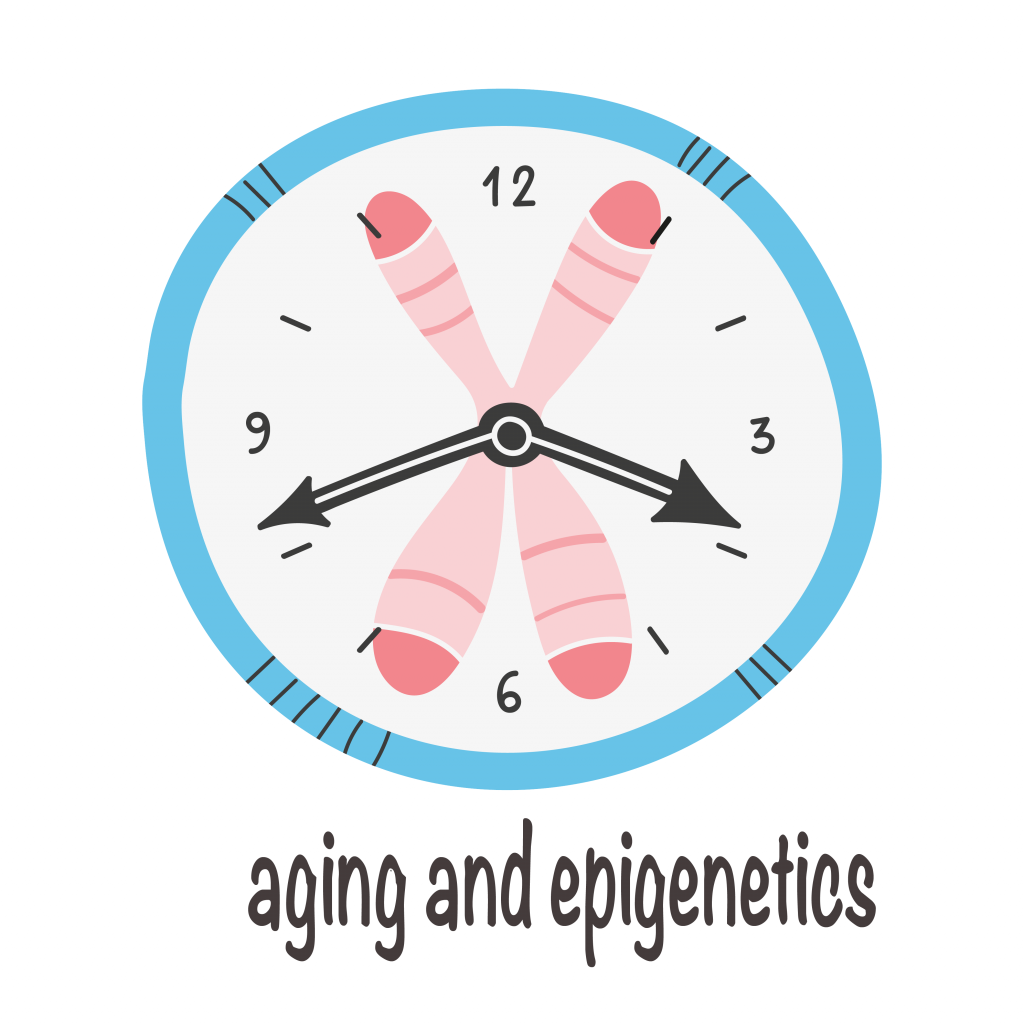
In the last 50 years, there has been a ~20% increase in global life expectancy but interestingly, there has not been a corresponding increase in the number of healthy years lived. Lubin Jiang and Shi-Qing Cai at the Chinese Academy of Sciences (Shanghai, China) sought to understand that disparity by examining the genetic factors involved in healthy aging. Their latest research has identified two epigenetic proteins that appear to contribute to an age-related decline in health.
Previous work from the Cai lab showed that in C. elegans, BAS-1 protein levels decrease with age ultimately leading to a behavioral decline in older worms. In their new study, the team again utilized C. elegans to perform a genome-wide RNA interference screen for genes that, when suppressed, prevent the age-related loss of BAS-1. They focused on two promising hits: baz-2 and set-6. The BAZ-2 protein is purportedly an epigenetic reader of histone acetylation while SET-6 is believed to be a histone 3 lysine 9 (H3K9) methyltransferase. Knockdown of either gene prevented age-related cognitive decline and resulted in an increased worm lifespan. It follows that these two proteins functionally antagonize healthy aging; the team looked at worms, mice, and humans to understand how.
Here’s what they found:
- In C. elegans, the benefits of baz-2 or set-6 deletion are nullified when mitochondrial function is inhibited, suggesting a potential mechanism for baz-2/set-6
- BAZ-2 and SET-6 directly bind and repress a set of mitochondrial function-related genes by regulating trimethylation of histone 3 lysine 9 (H3K9me3)
- Deletion of baz-2 or set-6 increases the expression of ribosomal proteins and improves mitochondrial function
- Deletion of the baz-2 homolog in mice (Baz2b-/-) results in improved mitochondrial function in the hippocampus and cerebellum
- Elderly Baz2b-/- mice have better memory and learning capacity compared to their fellow wild-type geriatrics, and avoid the standard age-related weight gain
- In a data set of human prefrontal cortex tissue, expression of the two human homologs BAZ2B and EHMT1 positively correlate with Alzheimer’s disease progression and negatively correlate with the expression of mitochondrial proteins
This new research shows that the epigenetic regulators BAZ-2/BAZ2B and SET-6/EHMT1 contribute to age-related cognitive decline by reducing mitochondrial function. This, in combination with their potential involvement in Alzheimer’s disease, warrants further research into their full mechanism of action as well as the possibility for therapeutic targeting – because we’re all getting older, and we’d like to keep getting wiser instead of heading the other direction.
Keep your mind sharp and read the full article in Nature, February 2020.












